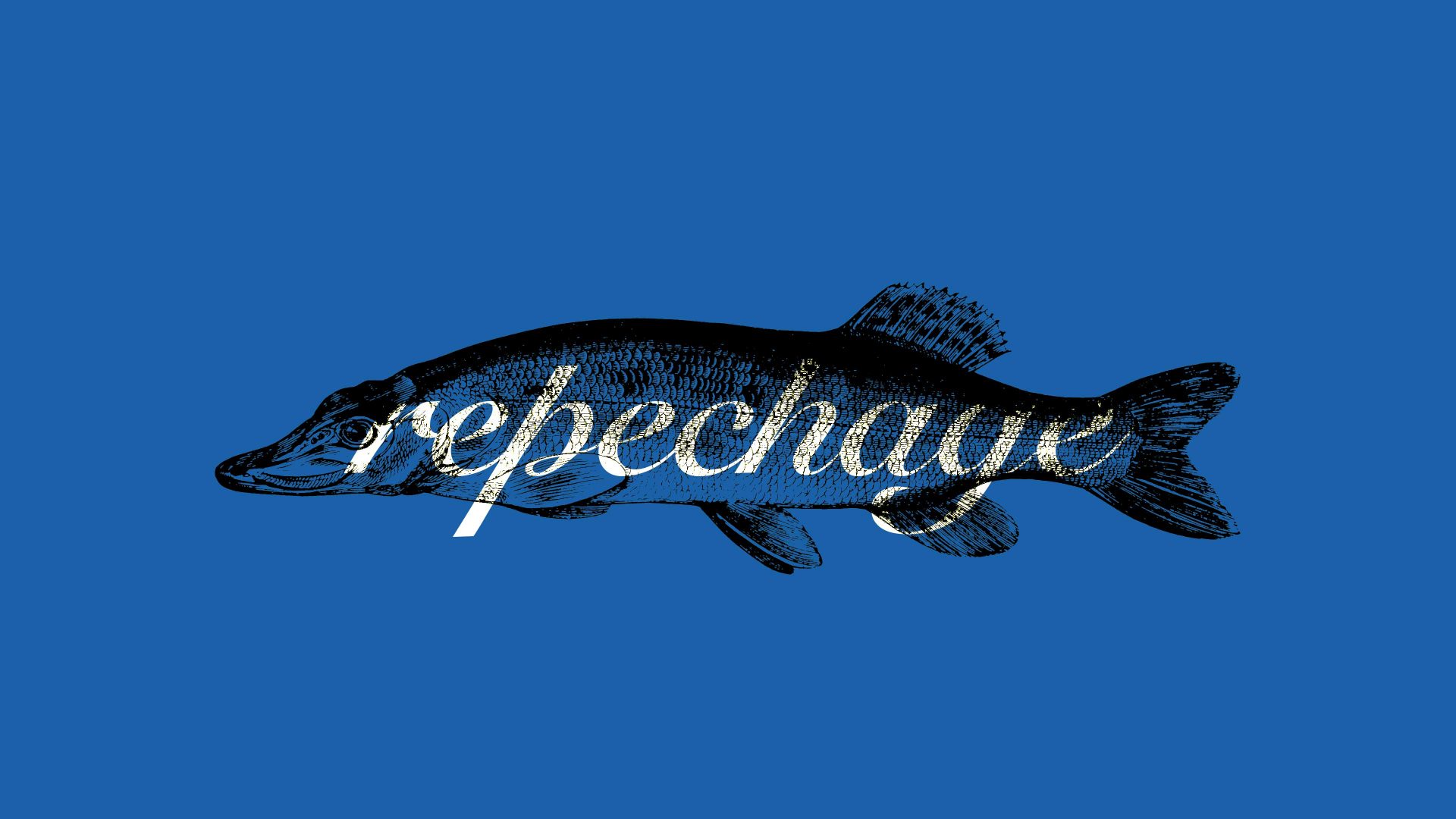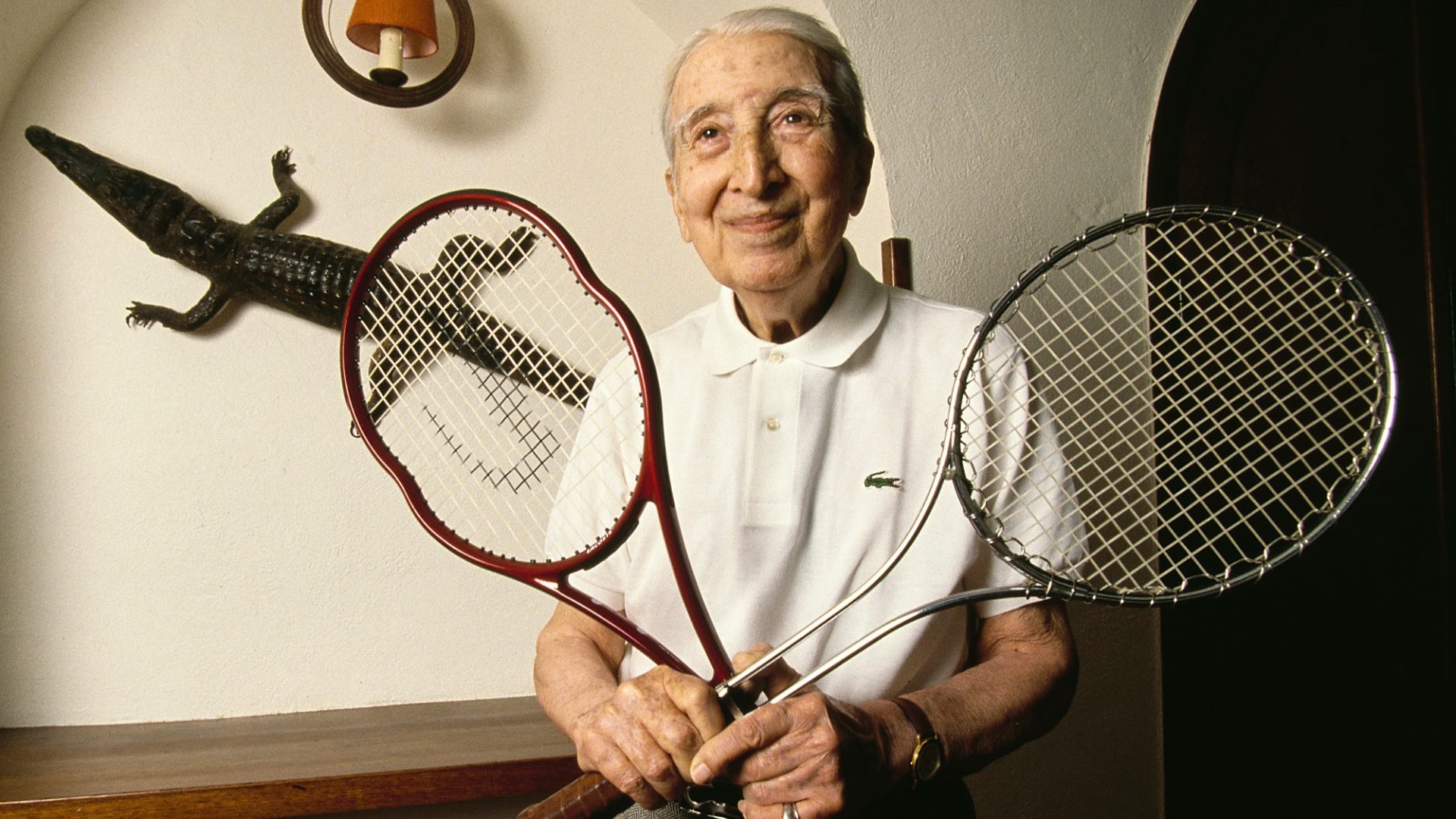Competitive angling is not, or at least not yet, an Olympic sport. It was therefore perhaps something of a surprise to notice that one word which rather obviously has its origins in the activity of rod-and-line fishing was used quite frequently by commentators during the recent 2024 Olympic Games that just took place in Paris and other locations in France.
This word is repechage, which we heard particularly often during the Games in connection with rowing events, but also rugby sevens, wrestling and also certain martial arts events. The Olympics may be over, but the word is still in use on University Challenge, where Amol Rajan uses it to soothe the pain of high-scoring losers.
Pêcher is the French word for “to fish”. It comes ultimately from the Latin noun piscis “fish” and the corresponding Latin verb piscare, via the Old French verb peschier, “to fish”.
Repêcher, then, is “to refish”, which is often employed in the sense of “to fish [something] out” as of an object which has fallen into the water. And so the noun repêchage originally referred to the act of rescuing or retrieving something which has fallen into the water and pulling it out again.
The basic current meaning of this word in a sporting context, which according to the Oxford English Dictionary was first used in this sense in 1899, is “an extra contest in which the runners-up in eliminating contests compete for a place in the final”, or “a trial heat (as in rowing) in which early-round losers are given another chance to qualify for following rounds”. That is, competitors who have not won are given the chance to have another go at qualifying for the next round and even perhaps winning.
The word was formerly also used in academic settings in the sense of an examination resit, which gave a candidate who had failed a second chance to pass an exam.
The first Olympic Congress, which led to the establishment of the modern Games also took place in Paris, in 1894; and that city was once again the Olympic venue in 1900. So the occurrence of French vocabulary in this competitive sporting context is almost to be expected and certainly not much of a surprise.
Another French-origin word which we heard quite often during the Paris Games was baton, meaning “rod” or “stick”. Speakers of American English most often pronounce this term in a pseudo-French way, with the stress on the second syllable, as they also do with, for example debris and ballet.
At the Games, as at other athletics events, the word baton refers to the short stick or rod passed from one runner to another in a relay race. The word was first used in this way in 1920, although exchange zones – those particular areas of the track where athletes have to pass the baton over to fellow team members between the different legs of a relay race – were not brought in until 1926.
Another French-origin word which we heard coming from commentaries from the tennis courts during the Games was deuce. This term comes from the Old French word deus “two”, which has come down into Modern French as deux.
In tennis this usage of the word for “two” signifies that the game has reached a point where one or other of the contestants has to win two successive points in order to win the game.
PISTE
The originally French word piste “track” also occurs in English, but typically in connection with the sport of skiing, and so we most often encounter it at Winter rather than Summer Olympics, for example in the phrase “off piste”. But it does also occur in the vocabulary of fencing where it refers to the area where the contest takes place.




